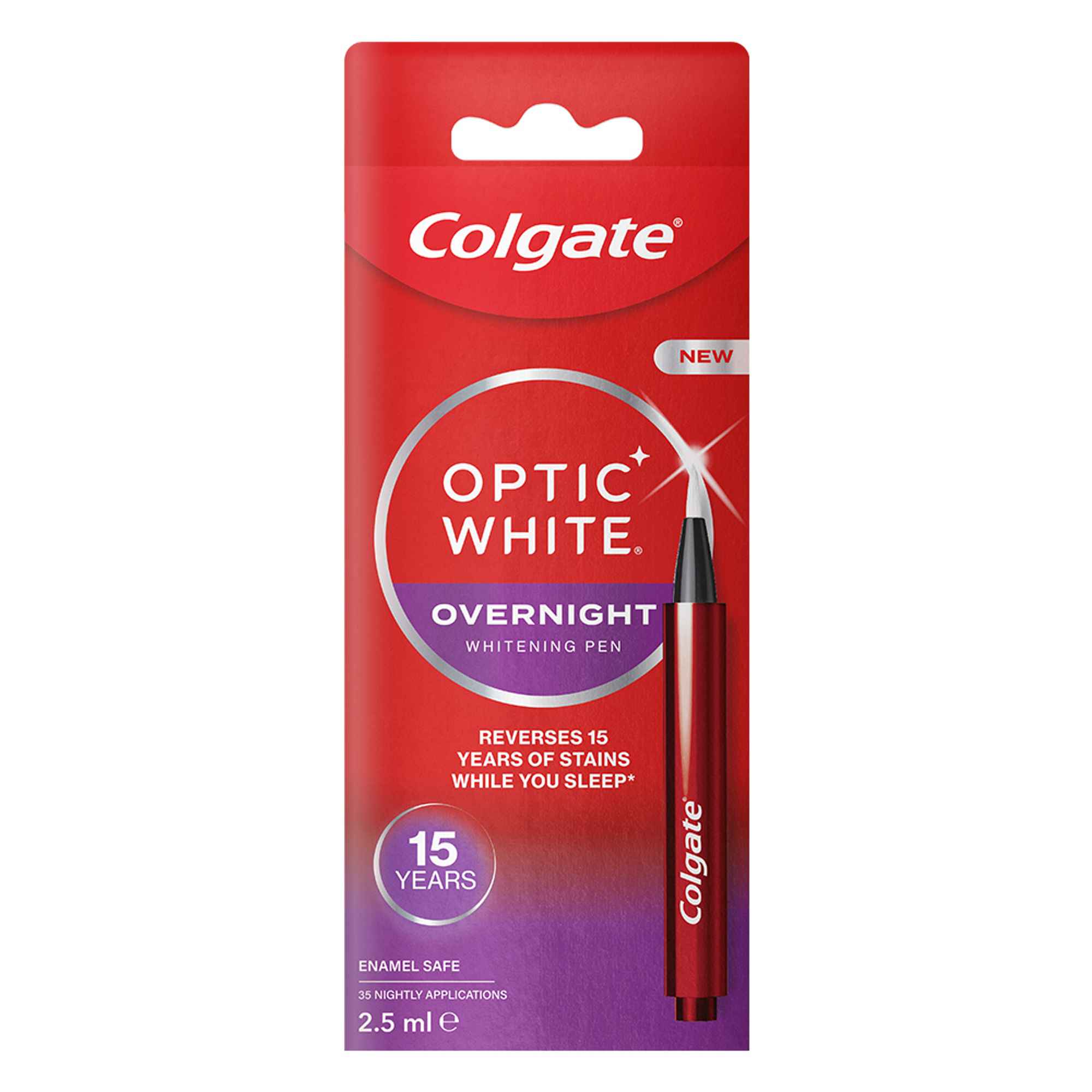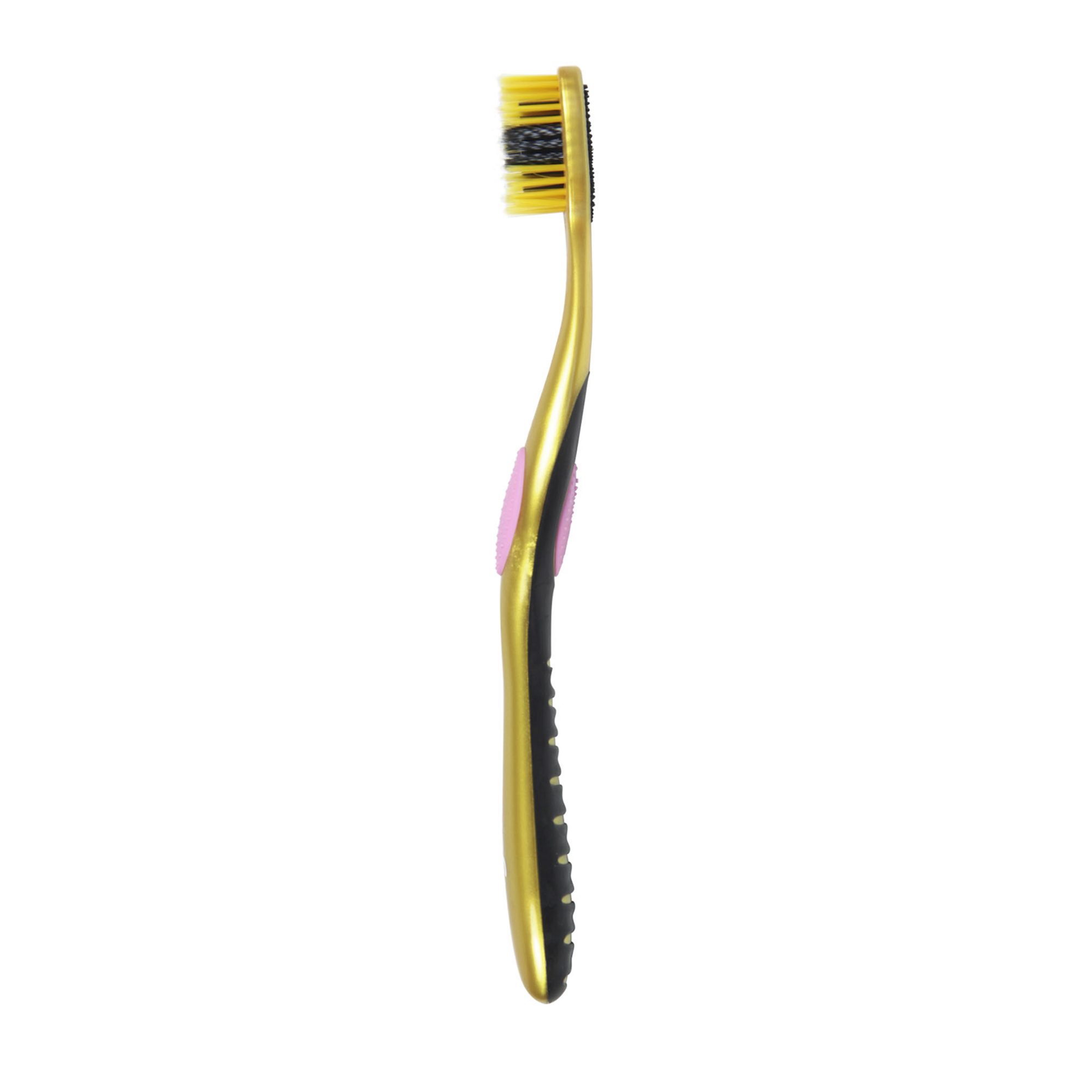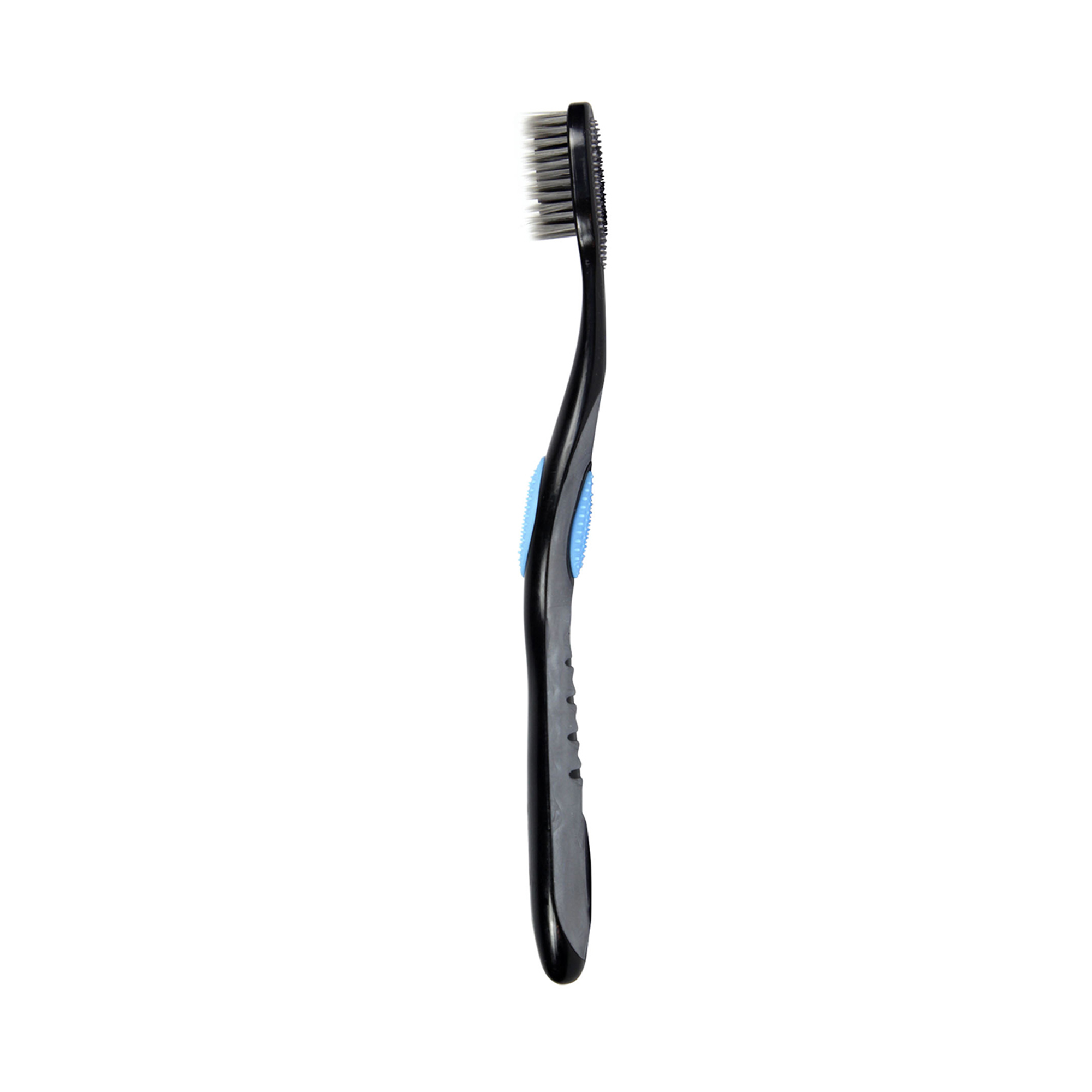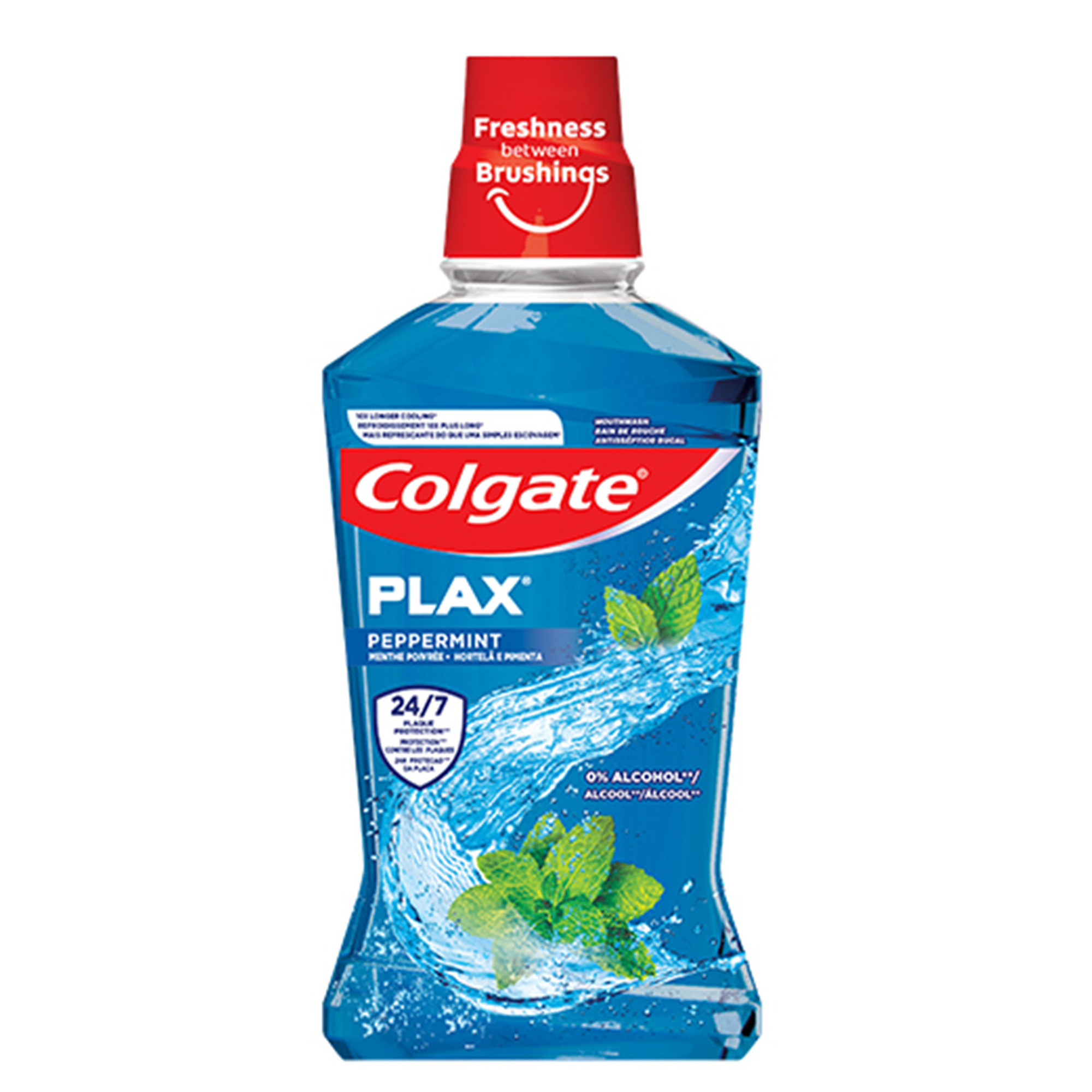-
-

NUTRITION AND ORAL HEALTH
What is Dental Public Health? A Look at How It Can HelpMany oral diseases can be prevented with routine care and regular dental checkups...

NUTRITION AND ORAL HEALTH
How to Limit the Effects of Sugar on TeethCookies, cakes, candy and sodas – everywhere you go, there are sugary treats to tempt...
-
Science & Innovation
- Colgate® | Toothpaste, Toothbrushes & Oral Care Resources
- Oral Health
- Clenching Teeth at Night


Grinding and clenching teeth at night is a condition called bruxism. It occurs in many people at some point in their lifetime. The severity and the duration of the problem vary according to individual circumstances. Here's what you need to know:
Symptoms that you're grinding or clenching your teeth at night
Facial pain and fatigue, especially in the jaw area, are common due to prolonged clenching of the muscles. Many people who suffer from bruxism wake up with headaches. Teeth often become painful, sensitive or loose. They may crack, chip or show wear in the enamel. Your sleeping partner may notice loud sounds when your teeth grind together, but it's also possible to do it silently.
Why is it happening?
Physical or emotional stress is the main culprit for bruxism. Physical factors frequently include fitness levels, nutrition, overall health and sleep habits. External emotional stressors can include money, work and relationship challenges.
Treatment options
Figuring out the source of the stress and addressing it can eliminate the grinding. Perform a relaxing routine before bed, such as light yoga, a warm bath or a cup of herbal tea. Some people say that placing a warm cloth over their jaw as they go to sleep helps reduce grinding and clenching.
See your dentist to determine if any damage has occurred as a result of grinding your teeth. Your dentist may suggest that you wear a night guard while you sleep. This is a device worn inside the mouth to cushion teeth during grinding and clenching. In severe cases, your doctor may recommend jaw exercises to help sooth and relax overworked muscles.
Grinding in children
Children can have problems with clenching and grinding at night as well. Just because they are young doesn't mean that they are immune to stress. If you hear your child grinding in the night, or they complain of headaches, tooth pain or facial discomfort, visit a pediatric dentist to see about a night guard.
When it isn't addressed, grinding and clenching often leads to serious damage in the teeth and jaws. It also leaves the sufferer exhausted and in pain. If you suspect grinding and clenching, contact your dentist today.
This article is intended to promote understanding of and knowledge about general oral health topics. It is not intended to be a substitute for professional advice, diagnosis or treatment. Always seek the advice of your dentist or other qualified healthcare provider with any questions you may have regarding a medical condition or treatment.
Related Products

Helping dental professionals
More professionals across the world trust Colgate. Find resources, products, and information to give your patients a healthier future

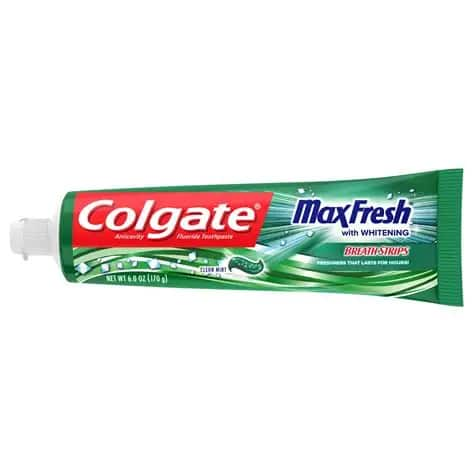
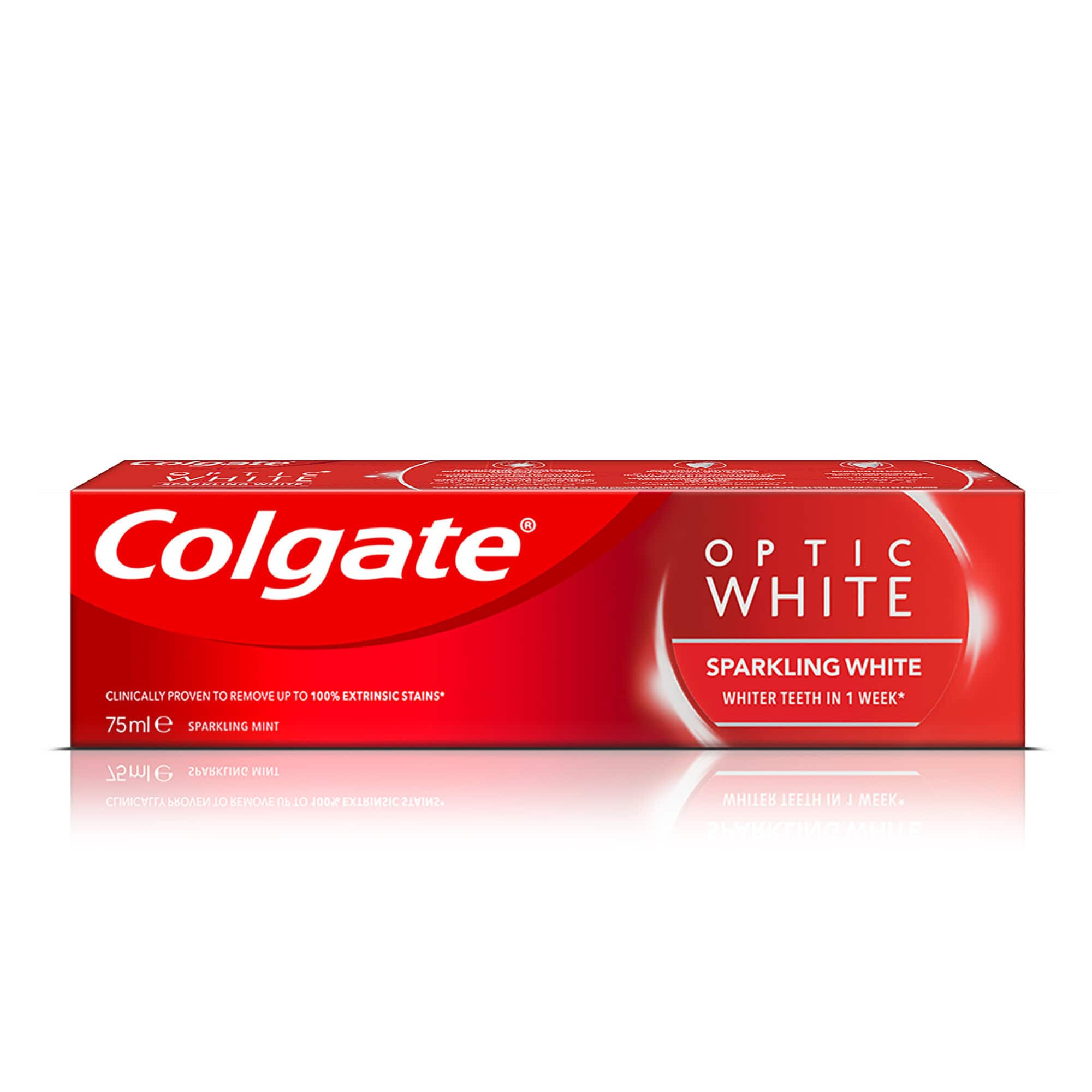
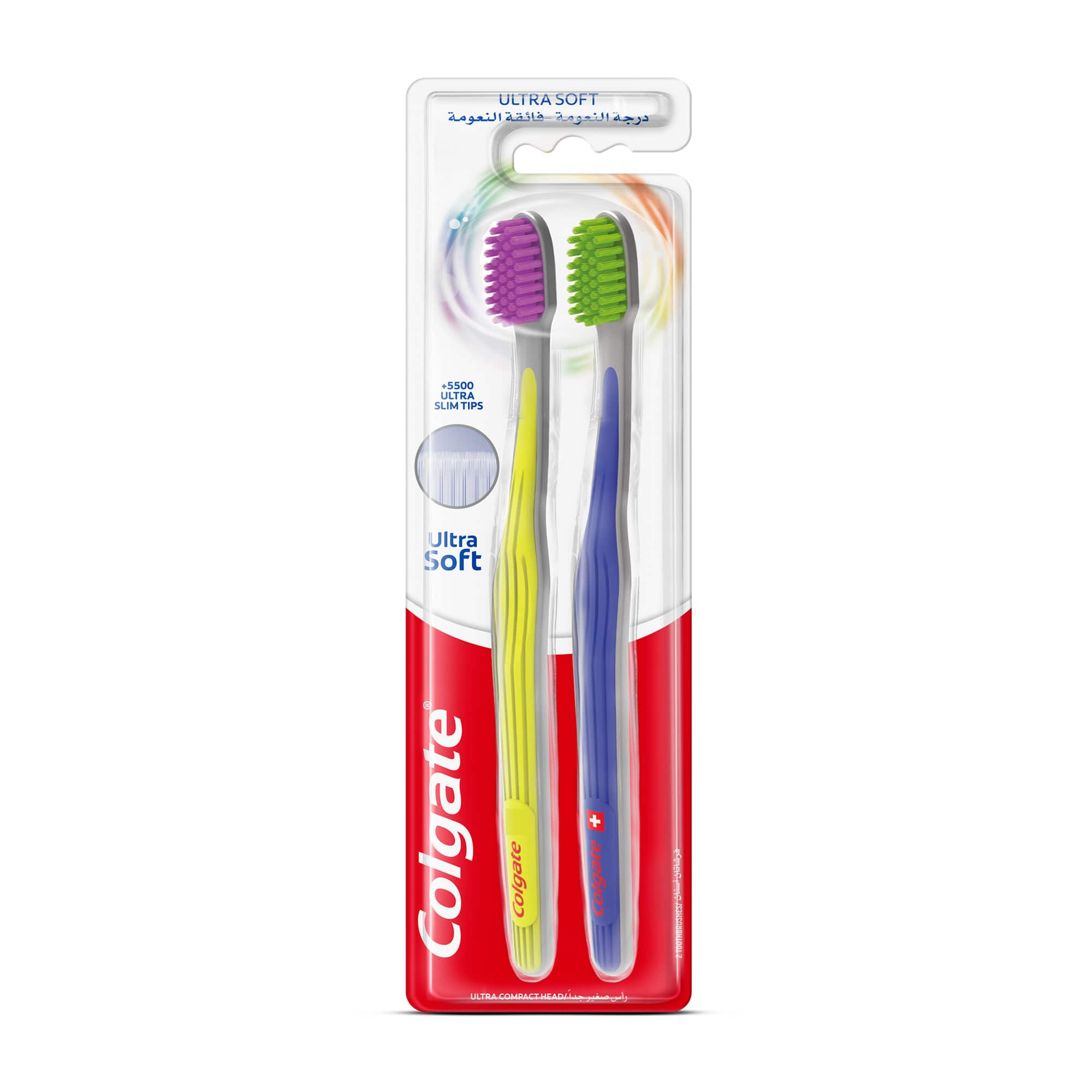
.jpg)


